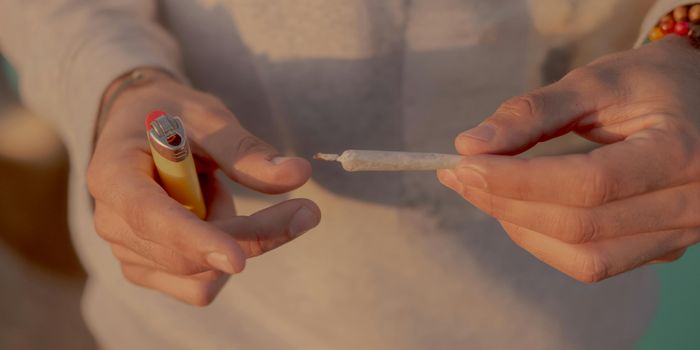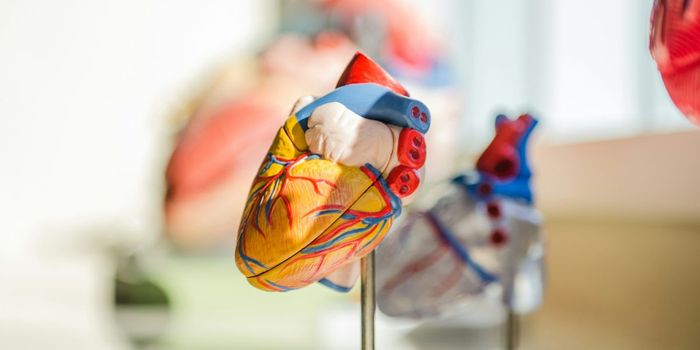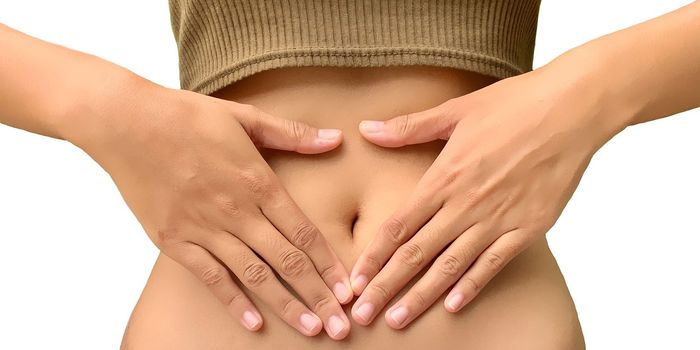Menopausal Hot Flashes: Potential Treatment
Menopause is defined as the time in a female’s life (usually from 45 to 55 years of age) where the monthly menstrual cycle no longer continues, and conception is not possible. It's caused by a drop in estrogen levels involving symptoms menopausal flushing and sweating.
In many women, the experience of hot flushes can be irritable and uncomfortable, and for others, it can be as severe as clothes drenched in sweat. These hot flushes can impair a women’s everyday functions from social life to working. However, a class of experimental drugs seeks to relieve women suffering from menopausal symptoms and provide a potential treatment option besides hormonal replacement therapy.
These drugs were tested by scientists at Imperial College London which showed a one-third reduction of hot flushes in as little as three days. The experimental compounds were examined in a clinical trial and results were recently published in the journal Menopause.

Clinical trial participants received a drug called ‘MLE4901’ which was found to reduce the number and severity of flashes across a four-week period. MLE4901 also improved sleep conditions. "We already knew this compound could be a game-changer for menopausal women and get rid of three-quarters of their hot flushes in four weeks. But this new analysis confirms the beneficial effect is obtained very quickly -- within just three days," says Professor Waljit Dhillo, a NIHR Research Professor from the Department of Medicine at Imperial College of London.
Although the compound has had great results, it nevertheless comes with side effects; it may affect liver function. This leads to MLE4901 not progressing to further clinical trials. Yet, two other drugs similar to the role of MLE4901, inhibit NKB (a neurochemical) but do not seem to affect liver function. This launched another clinical trial.
The inhibition of NKB is believed to control temperature fluxes, the actions of NKB is what triggers hot flushes in rodent models. Therefore, the experimental drugs are thought to prevent NKB activating temperature control areas that essentially place a stop on hot flushes. Recent results also showed that the experimental drug was not only capable of controlling nighttime hot flashes but even during the day. But, regardless, lead researchers believe more data is needed to study if the drug is involved in pathways that improve sleep and concentration, or if these two factors were dependent on hot flushes. The first author of the study, Dr. Julia Prague, states. “As NKB has many targets of action within the brain the potential for this drug class to really improve many of the symptoms of the menopause, such as hot flushes, difficulty sleeping, weight gain, and poor concentration, is huge. To see the lives of our participants change so dramatically and so quickly was so exciting, and suggests great promise for the future of this new type of treatment."
The goal of these compounds is to relieve symptoms of menopause and provide a different route for treatment. The is important because current menopausal symptom treatment involves a therapy known as “Hormonal Replacement”. This particular therapy is proven to be ineffective because of the accumulated significant side effects, including increasing the risk of breast cancer and blood clot formation.
Sources: Menopause, Women’s Health








